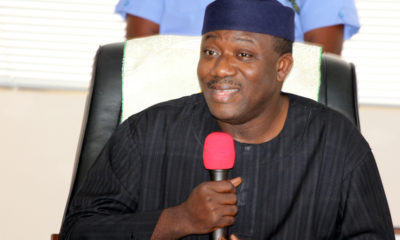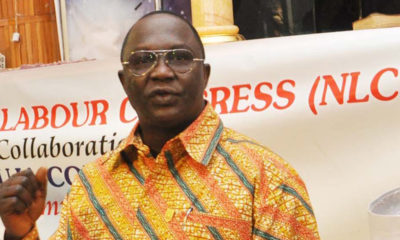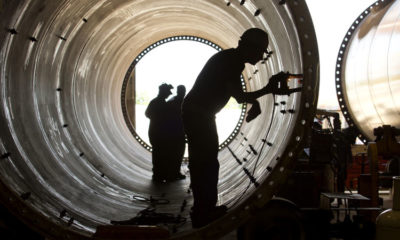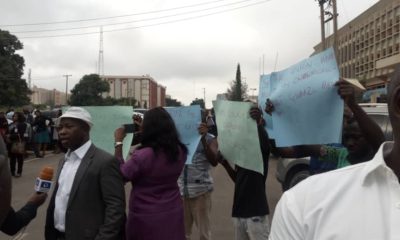- ‘Many States ‘ll go Bankrupt Over N30,000 Minimum Wage’
A former Commissioner for Finance in Lagos State, Dr Adebayo Adewusi, says many states will become bankrupt when the implementation of the new N30,000 minimum wage commences.
He said some states did not have the capacity to pay the new wage, adding that the situation might become worse if there was a decline in revenue.
Adewusi, an immediate past chairman of WEMABOD, stated this in an exclusive interview with our correspondent on Monday.
Also giving an analysis of the N12,000 increase on the minimum wage, Adewusi said the N30,000 was lower in value compared with the N18,000 of 2015, due to the current level of inflation in the country and the exchange rate.
He said, “The N30,000 minimum wage in real terms is desirable at this time, given the level of inflation and the exchange rate as at now. From analysis, in 2015 before the President Muhammadu Buhari-led administration came on board, the minimum wage of N18,000 was $122, now the minimum wage of N30,000 today is about $85.
“So, if you look at it in real terms, you will say it is still not enough, but the truth is that even the N30,000 that we are talking about, many of the states cannot pay, they do not have the capacity to pay and that is the simple truth.”
According to him, there is the need for the Federal Government to augment the revenue allocation of states in order to meet up with their wage bills.
“What this means is that there is the need to do a total review of the revenue sharing formula. Except that is done, there is no way many of the states will pay and it will create a serious destabilising effect on the operations and the economy of many states. Even when it was N18,000, many states could not pay.
“We are all witnesses to the constant interventions to states in the name of bailout funds that the Federal Government gave as support. Right now, many states are still owing several months of unpaid salaries and pensions.
“So, it is a serious matter, and if what we are projecting comes to pass, of course there is going to be serious wahala because at the end of the day, if prices of crude oil come down, it means allocations to states will decline. When this happens, it means that the states would work extra hard to source for their own Internally Generated Revenue, otherwise many states will be bankrupt. It is the truth and reality of it,” he added.

 Forex2 weeks ago
Forex2 weeks ago


 Naira2 weeks ago
Naira2 weeks ago
 Billionaire Watch2 weeks ago
Billionaire Watch2 weeks ago




 Naira2 weeks ago
Naira2 weeks ago




 Naira2 weeks ago
Naira2 weeks ago




 Naira4 weeks ago
Naira4 weeks ago


 Naira6 days ago
Naira6 days ago
 Banking Sector4 weeks ago
Banking Sector4 weeks ago




















